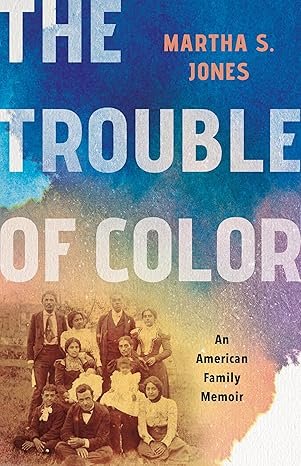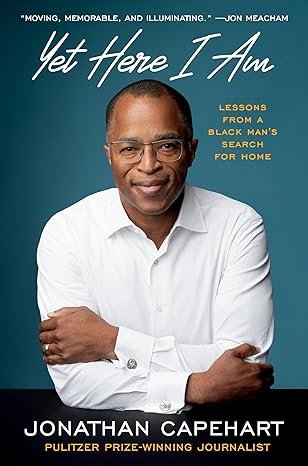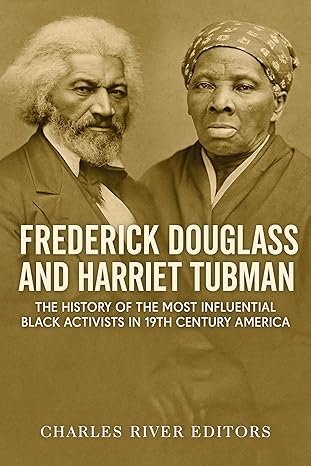 Image 1 of 1
Image 1 of 1

Free All Along: The Robert Penn Warren Civil Rights Interviews
In 1964, in the height of the civil rights movement of the 1960s, Pulitzer Prize–winning author and poet Robert Penn Warren set out with a tape recorder to interview leaders of the black freedom struggle. He spoke at length with luminaries such as James Baldwin, Martin Luther King Jr., Stokely Carmichael, Ralph Ellison, and Roy Wilkins, eliciting reflections and frank assessments of race in America and the possibilities for meaningful change. In Harlem, a fifteen-minute appointment with Malcolm X unwound into several hours of vivid conversation.
A year later, Penn Warren would publish Who Speaks for the Negro?, a probing narrative account of these conversations that blended his own reflections with brief excerpts and quotations from his interviews. Astonishingly, the full extent of the interviews remained in the background and were never published. The audiotapes stayed largely unknown until recent years. Free All Along brings to life the vital historic voices of America's civil rights generation, including writers, political activists, religious leaders, and intellectuals.
A major contribution to our understanding of the struggle for justice and equality, these remarkable long-form interviews are presented here as original documents that have pressing relevance today.
In 1964, in the height of the civil rights movement of the 1960s, Pulitzer Prize–winning author and poet Robert Penn Warren set out with a tape recorder to interview leaders of the black freedom struggle. He spoke at length with luminaries such as James Baldwin, Martin Luther King Jr., Stokely Carmichael, Ralph Ellison, and Roy Wilkins, eliciting reflections and frank assessments of race in America and the possibilities for meaningful change. In Harlem, a fifteen-minute appointment with Malcolm X unwound into several hours of vivid conversation.
A year later, Penn Warren would publish Who Speaks for the Negro?, a probing narrative account of these conversations that blended his own reflections with brief excerpts and quotations from his interviews. Astonishingly, the full extent of the interviews remained in the background and were never published. The audiotapes stayed largely unknown until recent years. Free All Along brings to life the vital historic voices of America's civil rights generation, including writers, political activists, religious leaders, and intellectuals.
A major contribution to our understanding of the struggle for justice and equality, these remarkable long-form interviews are presented here as original documents that have pressing relevance today.
Publication Date: January 15, 2019
ISBN-10 : 1595588183
ISBN-13 : 978-1595588180
Author: Stephen Drury Smith (Editor), Catherine Ellis (Editor)
Publisher: The New Press
Pages: 352




